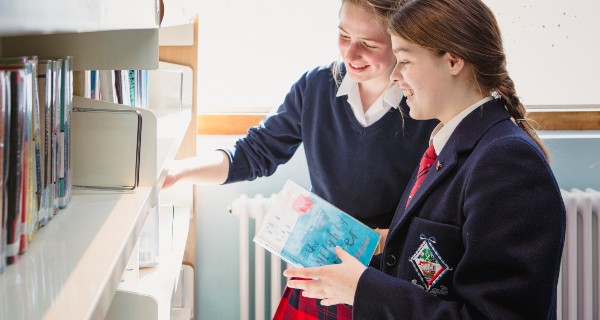I wanted to write to you about how reading has always been an escape for me as well as a tonic. I remember when I was a child, the overriding memory I have of my father is of him sitting in his armchair, reading a book, with a stack of library books waiting to be read by his side. To say he had a voracious appetite for books would be an understatement. I sometimes wondered where all that knowledge went. He was not a writer but most definitely a reader.
My father worked in London and loved to trail through the second-hand book shops along Booksellers’ Row during his lunchbreak. Every week without fail, he would bring me home a book as a gift. This was something I really looked forward to as my father worked long hours and it became a way of bonding with him. To be honest, buying me books went on until I left university (and beyond) as he enjoyed finding me useful books for my English Literature course. It was a way of keeping in touch when I was away from home.
However, going back to childhood, when I was in school, there was no Google to help with homework. I relied entirely on my parents’ bookshelves. I would simply tell my parents what topic my History homework, for example, was on and within half an hour, books were left on my bed, conveniently left open on the right page. It was as close to Google search as I was ever going to get.
As a young child, I was taken every week to the local library. It seemed to be a time when my mum would let us run free until we were required to meet back at the checkout desk with our chosen books. It was part of our routine and was great fun. I think we got to go to the sweetshop on the way home which added to the delight.
The books I read when I was a child have remained with me. I read ‘The Borrowers’ by Mary Norton and was totally absorbed in the lives and daily challenges of the tiny family who lived in the walls and floorboards of the house. I recently picked it up again and was amazed at how sophisticated the language was. The sheer force of the narrative meant that there was no way I wanted to stop reading because of the difficult words. I found out recently that it won the 1952 Carnegie Medal in recognition of it being an outstanding children’s book. Another book which completely absorbed my imagination was ‘The Lion, the Witch and the Wardrobe’ by C.S. Lewis. I really wanted to be Lucy who first discovered Narnia.
I went through a period in childhood when I found falling asleep hard. I found the cure through audio books. I listened to ‘The Secret Garden’ by Frances Hodgson Burnett and fell asleep every time Mary and Dickon entered the garden. It took me a while to reach the end of the novel. The enduring relationship between Mary, Colin and Dickon has stayed with me. Children have an amazing ability to deal with challenging circumstances, as we have been able to observe in real life during the past year.
Once at university, my imagination was fuelled by reading literature from all over the world. I took a module in Caribbean Poetry, studying the epic poem ‘Omeros’, set in St Lucia, the birthplace of Derek Walcott, who won the Nobel Prize for Literature in 1992. For my MA, I chose to study post-colonial fiction. I read the works of V.S. Naipaul, who won the Nobel Prize for Literature in 2001, studying: ‘In a Free State, ‘A Bend in the River’, both set in Africa and ‘The Enigma of Arrival’, a largely autobiographical work about a man leaving Trinidad and arriving in England, with much of the narrative taking place in Wiltshire.
It has been nice to reflect on some of the books I have read over the years. One thing holds true - whether I read them in childhood or adulthood, many have had a lasting effect on me.
With the Easter holidays approaching, I am not able to physically go anywhere but will continue to read as an escape. I hope you get the opportunity too.






